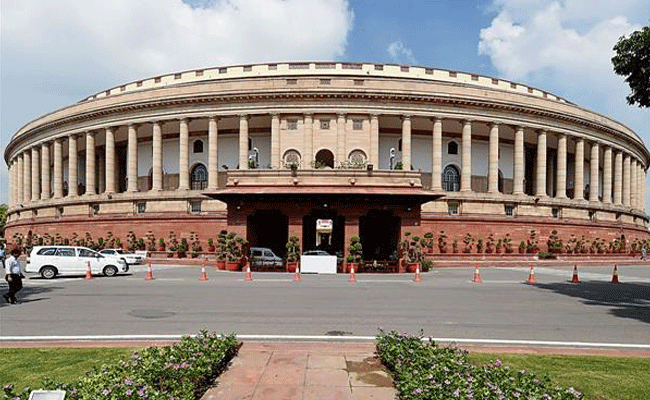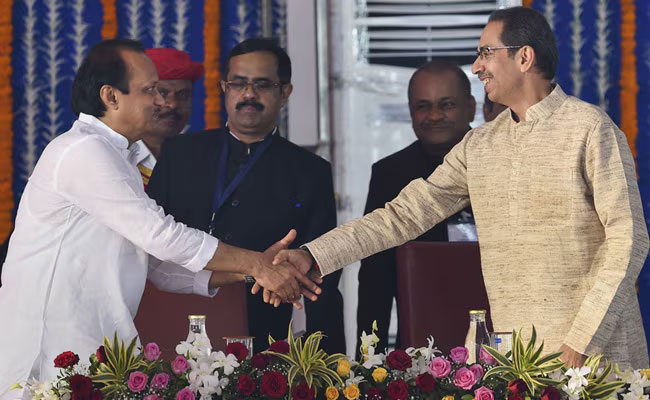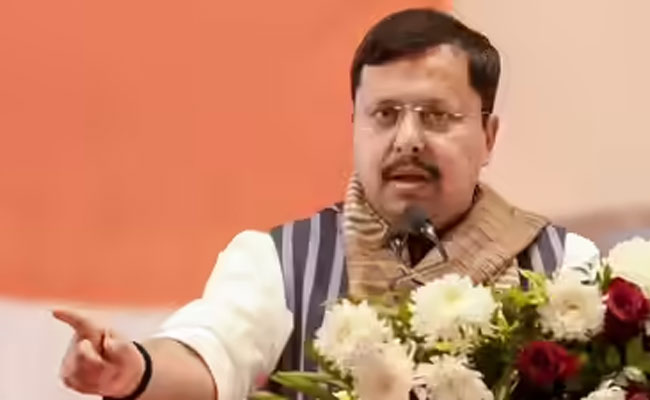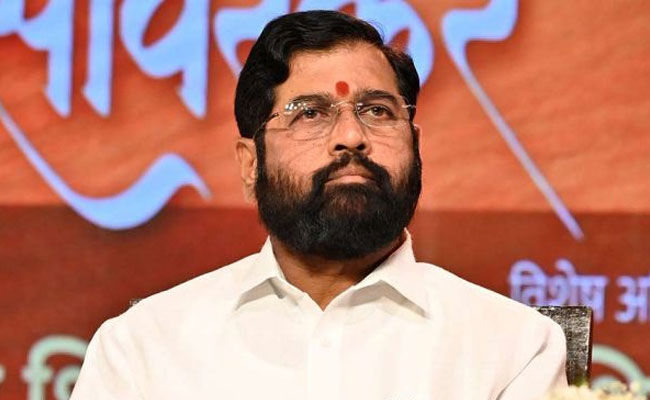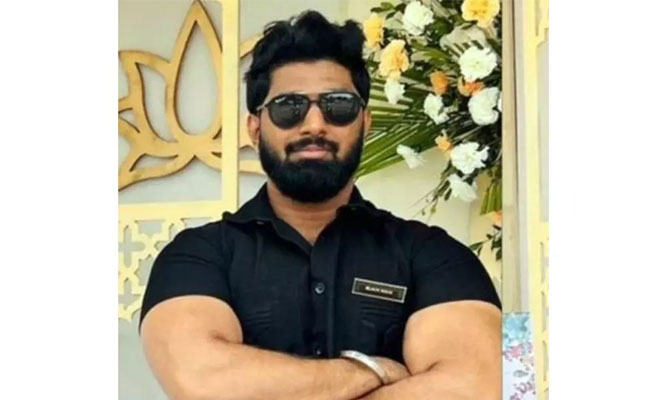New Delhi (PTI): The government on Friday made it mandatory for social media influencers to disclose their "material" interest in endorsing products and services and violations can attract strict legal action, including ban on endorsements.
The regulations are part of continuing efforts to curb misleading advertisements as well protect the interests of consumers amid the expanding social influencer market which is projected to be worth around Rs 2,800 crore by 2025.
The new guidelines named 'Endorsement Know Hows -- for celebrities, influencers and virtual media influencers (Avatar or computer generated character) on social media platforms' has been issued by the Department of Consumers Affairs.
In case of violation, the penalty prescribed for misleading advertisement under the Consumer Protection Act 2019 will be applicable.
The Central Consumer Protection Authority (CCPA) can impose penalty of up to Rs 10 lakh on manufacturers, advertisers and endorsers. For subsequent offences, penalty of up to Rs 50 lakh can be imposed. The authority can prohibit endorser of a misleading ad from making any endorsement for up to 1 year and for subsequent contravention, prohibition can extend up to 3 years.
Launching these guidelines at a press conference, Consumer Affairs Secretary Rohit Kumar Singh said the guidelines have been issued under the ambit of the consumer law that provides framework for the protection of consumers against unfair trade practices and misleading advertisements.
He hoped that the guidelines would act as a deterrent for social media influencers.
"It's a very important subject. The size of social influencer market in India in 2022 was of the order of Rs 1,275 crore and by 2025, it is likely to rise to Rs 2,800 crore with a compound annual growth rate of about 19-20 per cent. The social media influencer of substance, those having good number of followers, are in excess of 1 lakh in the country," Singh said.
Stating that the social media influencing is here to stay and will only grow exponentially, he said social influencers need to behave responsibly.
"The today's guidelines are aimed at social media influencers which have material connection with the brand they want to promote on various social media platforms. This is an obligation for them to behave responsibly as far as the disclosure is concerned to the consumers.
"One of the biggest paradigm of the consumer law is the consumers right to know and this falls in that purview. Consumers should know if something is thrown at him from digital media, the person or the entity which is sponsoring it have they taken money or any form of connection they have with the brand," Singh said.
The secretary said if non-compliance takes place, there are provisions under the law for people to approach the authority to seek legal action against people who are defaulting.
"These guidelines broadly define that framework as to how social media influencers should indulge in disclosure of their relationship with the brand," the secretary said.
CCPA Chief Commissioner Nidhi Khare noted that misleading Advertisements in any form, format or medium is prohibited by law.
The new guidelines have specified who all need to disclose, when to disclose and how to disclose.
Individuals/groups who have access to an audience and the power to affect their audiences' purchasing decisions or opinions about a product, service, brand or experience, because of the influencer's/celebrity's authority, knowledge, position, or relationship with their audience will have to disclose the material connection, as per the new norm.
The disclosure should happen "when there is a material connection between an advertiser and celebrity/influencer that may affect the weight or credibility of the representation made by the celebrity/influencer", Khare said.
She said the disclosure should be in such a manner that it is "hard to miss" and should be in simple language.
The disclosures should be placed in the endorsement message in such a manner that they are clear, prominent and extremely hard to miss. Disclosures should not be mixed with a group of hashtags or links.
In endorsement in a picture, disclosures should be superimposed over the image enough for viewers to notice. In video, disclosures should be placed in the video and not just in the description and they should be made in both audio and video format.
In the case of live stream, disclosures should be displayed continuously and prominently during the entire stream.
On limited space platforms like Twitter, terms such as 'XYZAmbassador' (where XYZ is a brand) are also acceptable, she said.
The secretary said that these guidelines are being issued under the overall ambit of Consumer Protection Act and one of the main underlining principle of the law is prevention of unfair trade practice.
"There are many ways in which unfair trading practices take place, one of the important unfair trading practice is the menace of misleading advertisements, by trying to sell something which is not exactly as it is being portrayed in the ad.
"While it has been ably handled in the conventional media -- which is TV, print and radio, the social and digital media platforms are turning out to be different ball game," Singh said.
Let the Truth be known. If you read VB and like VB, please be a VB Supporter and Help us deliver the Truth to one and all.
Mumbai (PTI): Shiv Sena (UBT) chief Uddhav Thackeray on Wednesday condoled Maharashtra Deputy Chief Minister Ajit Pawar's death in a plane crash, and said even though the NCP chief chose a different path in politics, he did not let their relationship suffer.
In a post on X, the former chief minister said in Pawar's death, he has lost a steadfast leader and an excellent former cabinet colleague.
As finance minister, Pawar was an extremely disciplined leader with a firm grip on his department, he said.
Ajit Pawar had served as deputy CM in the Uddhav Thackeray-led government from 2019 to 2022.
"We developed a special bond as colleagues. Ajit Pawar was open-hearted. He would speak his mind. He was not someone who held a grudge for long. Even though he chose a different path in politics, he did not let our relationship break," Uddhav Thackeray said.
Pawar broke away from the Maha Vikas Aghadi alliance of the Shiv Sena, NCP and Congress in 2023 and joined the BJP-led NDA, a move which split the Nationalist Congress Party.
He was known as a leader who valued his party workers, and he was truly a 'Dada' (elder brother), Thackeray said, as he offered tributes to Ajit Pawar on behalf of the Thackeray family and Shiv Sena (UBT).
His son and former minister Aaditya Thackeray described Pawar's death as shocking. "Words fail me," he said, adding that he had the opportunity to work with Ajit Pawar for five-six years, first in the government and then in the opposition.
"His commanding grip on legislative affairs and his affectionate nature won over many like me. Even when I was in the opposition, I had publicly said this many times," Aaditya said.

